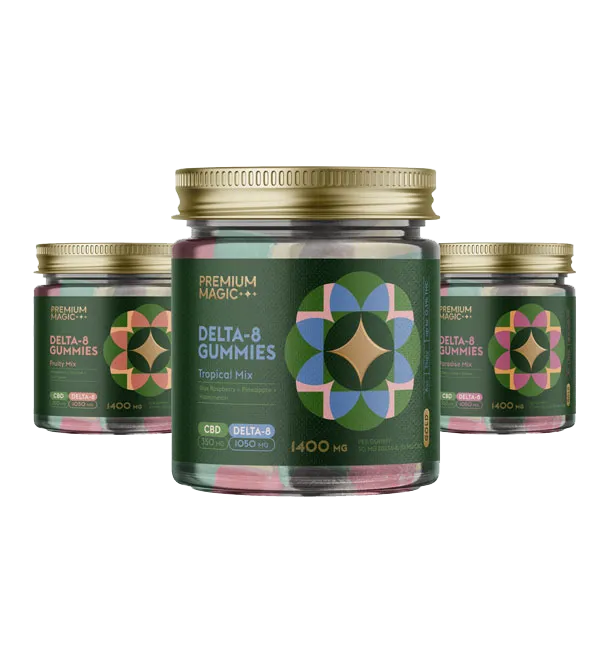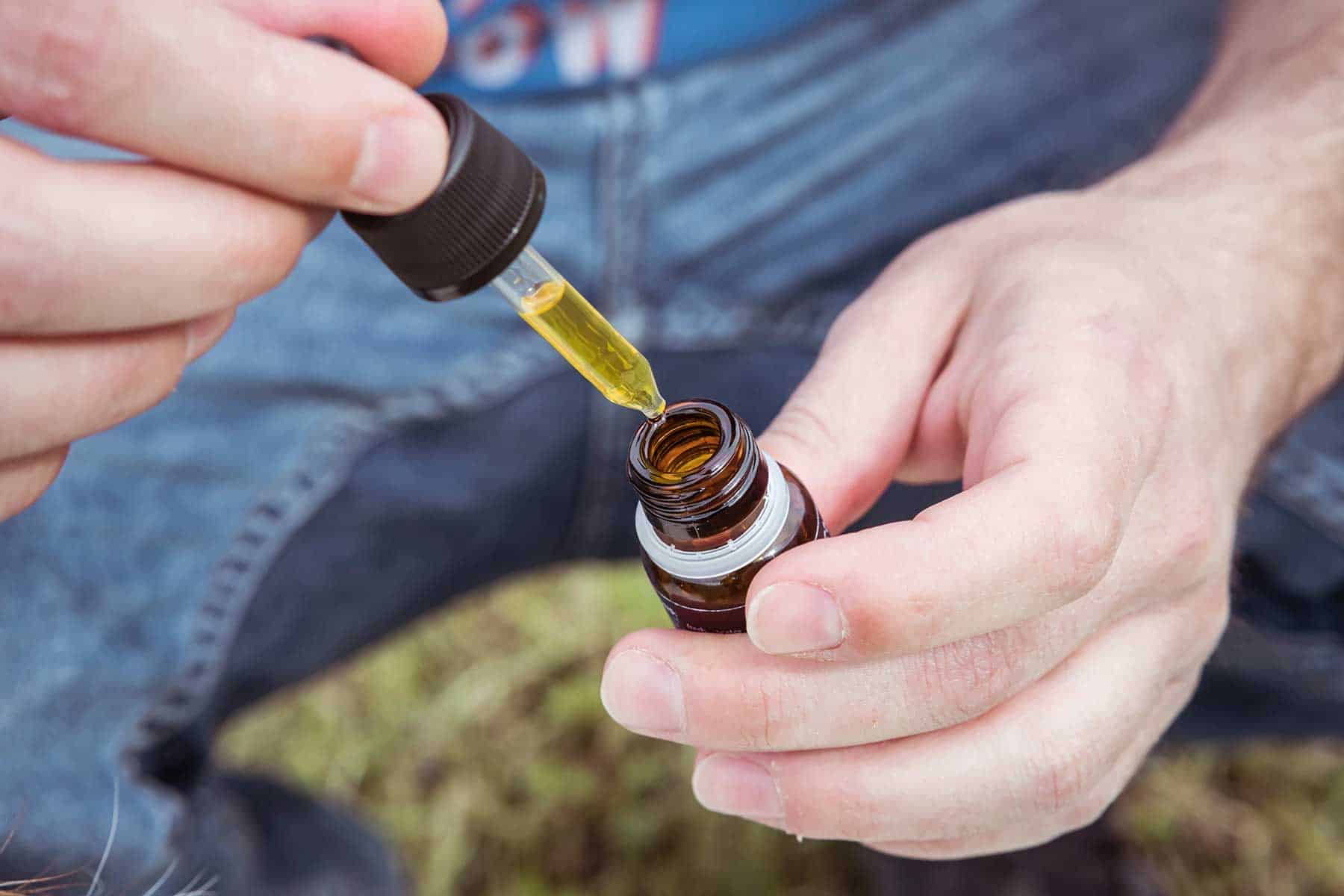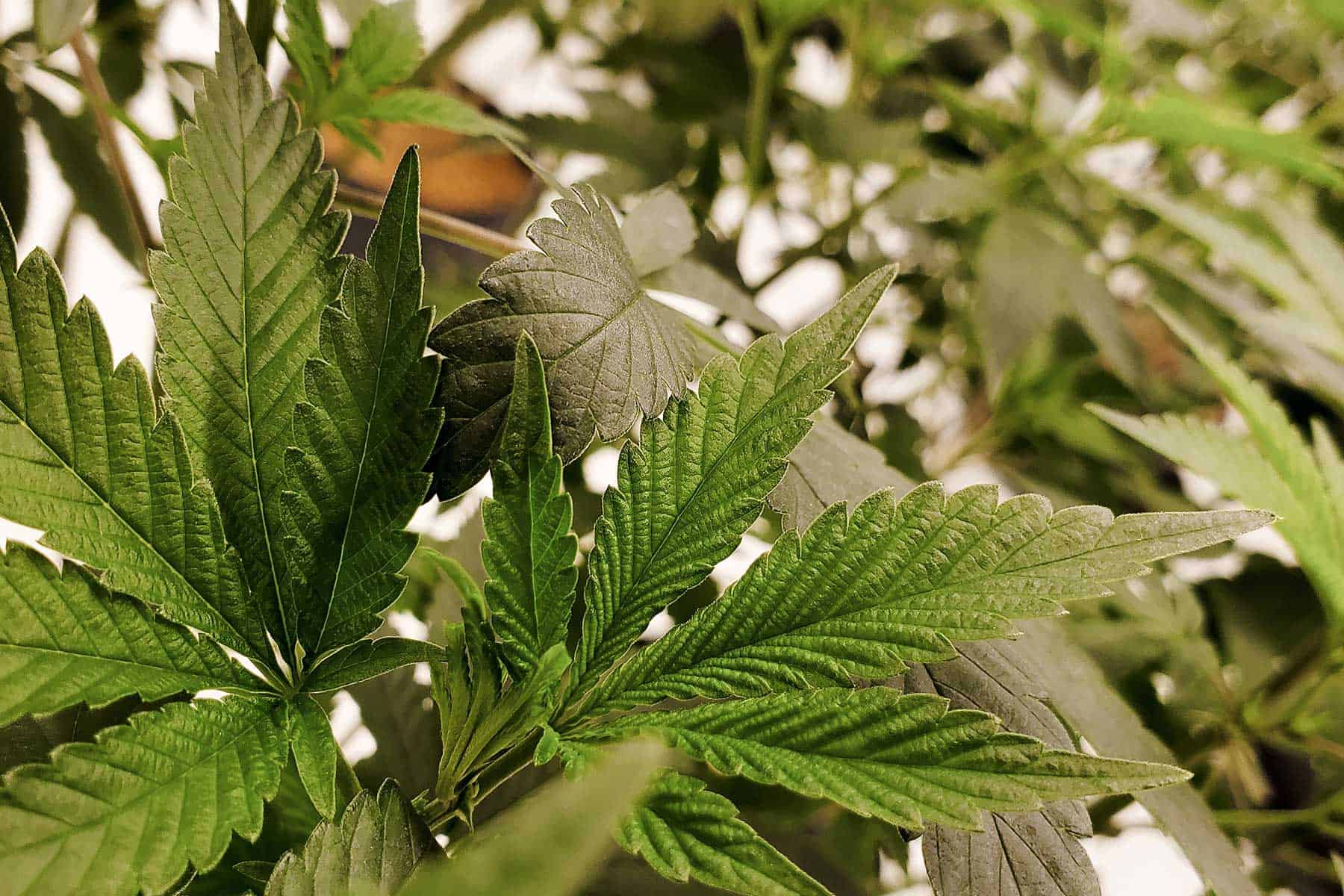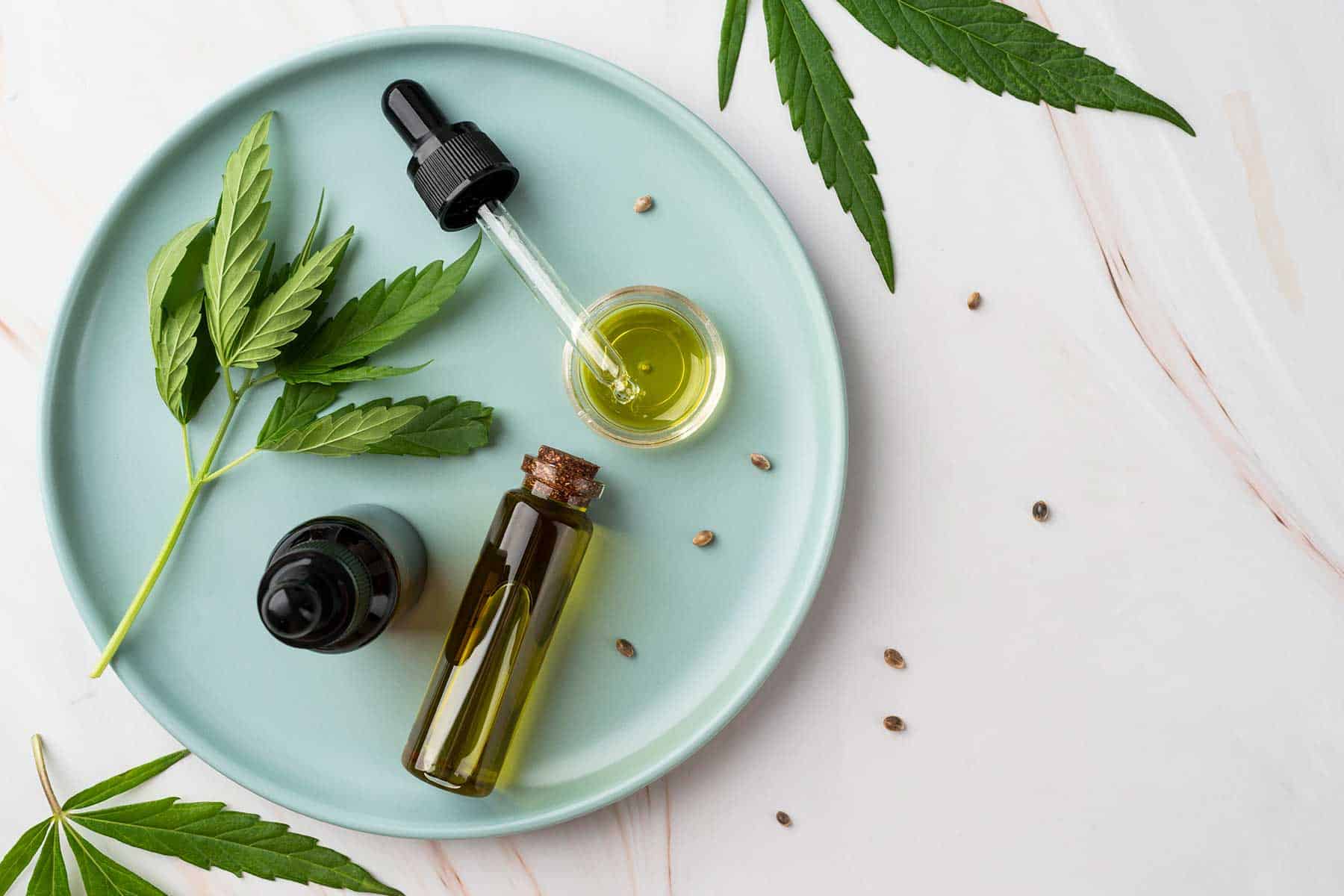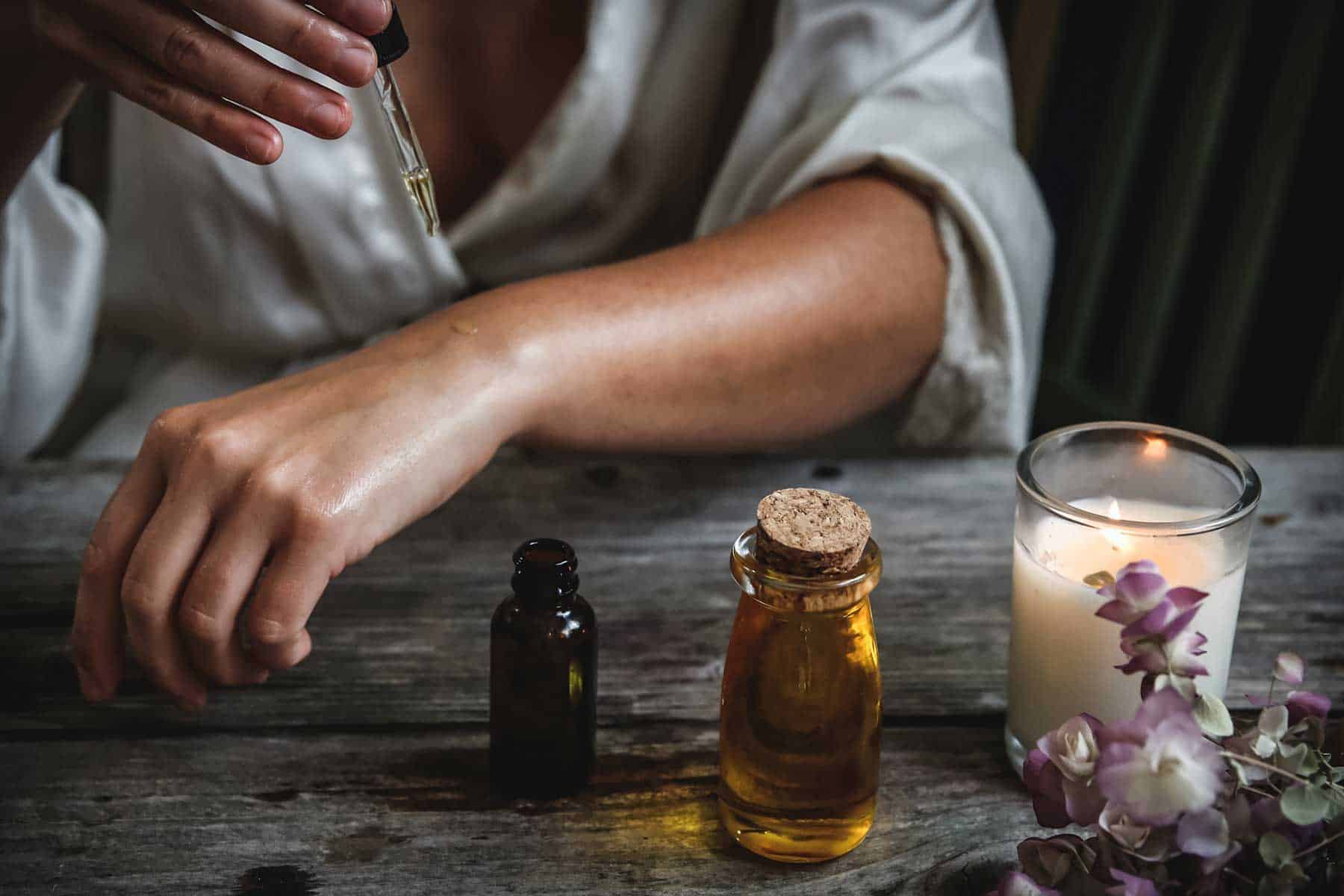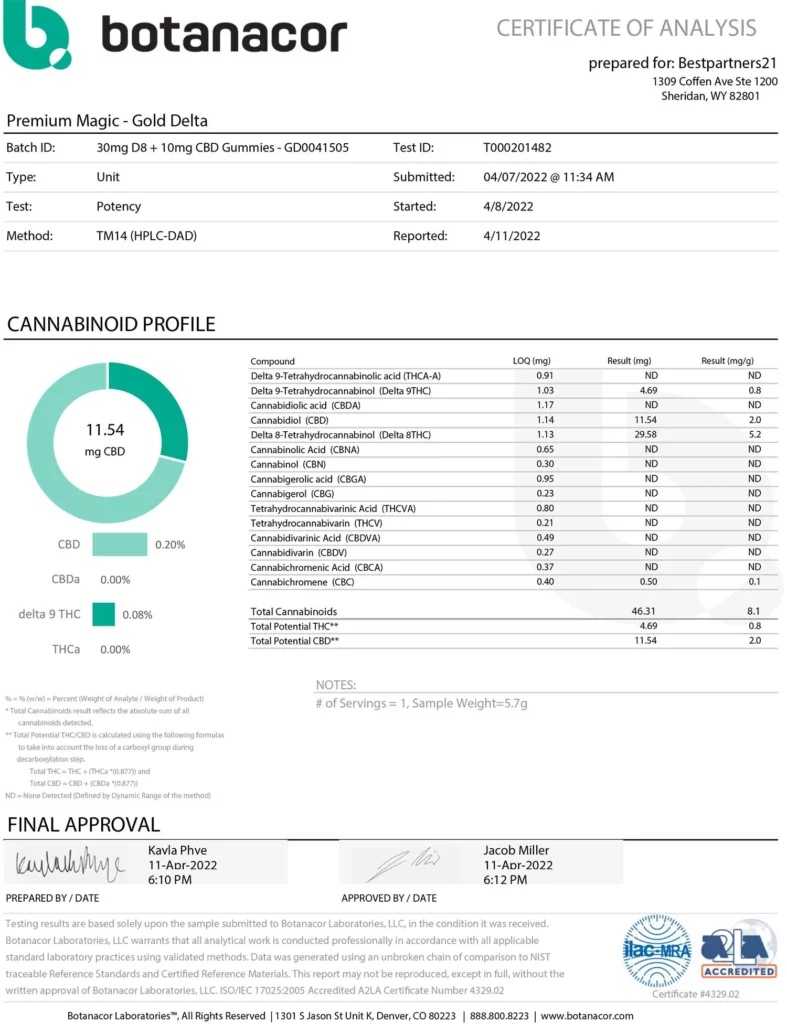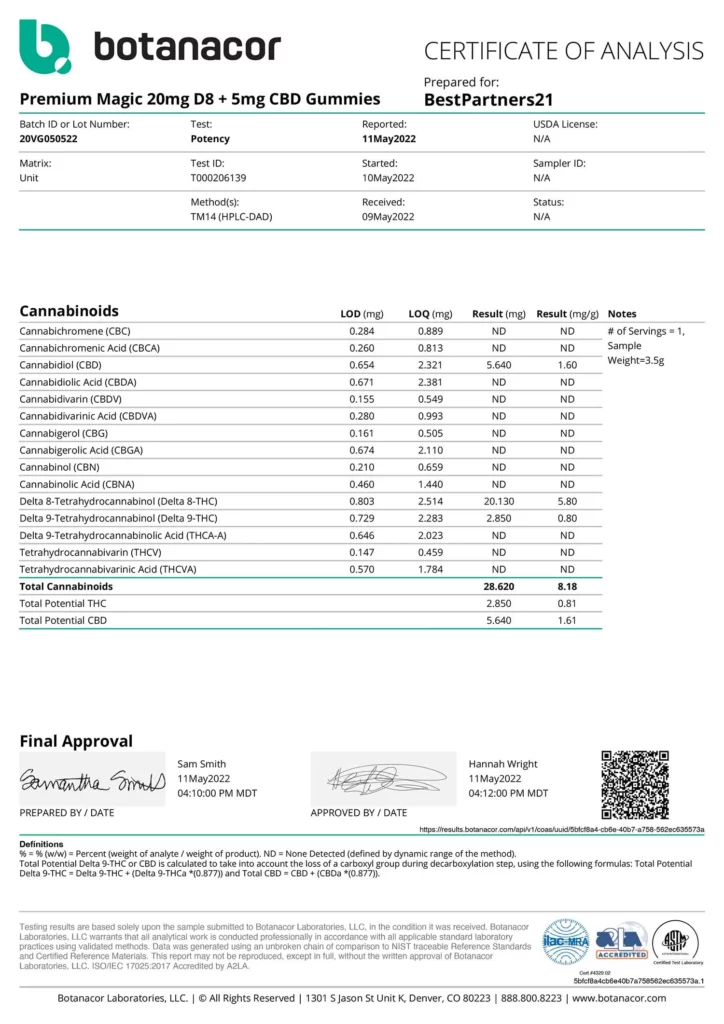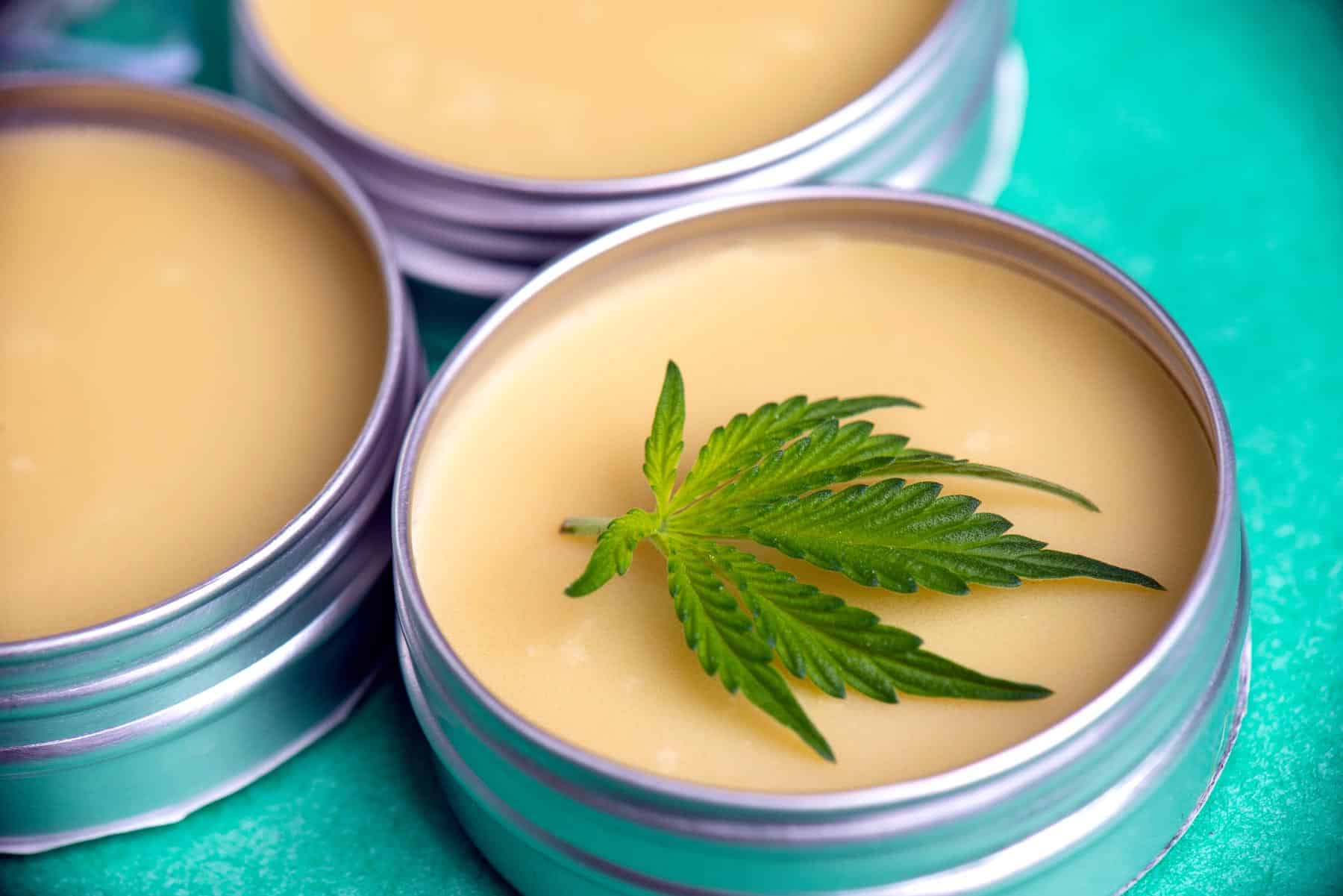
Delta 8 vs. CBD Topicals: Comparing the Differences

In the world of cannabis products, Delta 8 vs. CBD topicals have been gaining significant attention. But what exactly are they, and how do they differ? This article aims to shed light on the unique characteristics of Delta 8 vs. CBD topicals, making it easier for you to make informed choices.
Understanding these differences is essential for finding the right product to address your individual needs. So, let’s dive into the comparison between Delta 8 vs. CBD topicals, unraveling their effects and benefits to guide you on your wellness journey.
What is Delta 8?
Delta 8, or Delta-8-THC, is a compound found in the cannabis plant. It’s similar to the more well-known compound, Delta-9-THC, which is typically associated with the “high” feeling. But Delta 8 has a lower potency, which means it offers a more mild, relaxed experience.
Common Uses and Benefits
Delta 8, a milder form of THC, offers a range of potential uses and benefits, making it increasingly popular among cannabis enthusiasts. Here are some of its common uses and advantages:
Relaxation and Stress Reduction:
Delta 8 is known for its calming effects, helping users unwind and manage stress and anxiety.
Pain Management:
The compound may offer relief from pain and inflammation, making it a potential aid for individuals dealing with discomfort or chronic conditions like arthritis.
Appetite Stimulation:
Delta 8 can help boost appetite, making it beneficial for those struggling with low food intake or undergoing treatments like chemotherapy.
Mild Psychoactive Effects:
While less potent than Delta-9-THC, Delta 8 still produces mild psychoactive effects, providing a gentle and relaxed experience without overwhelming intoxication.
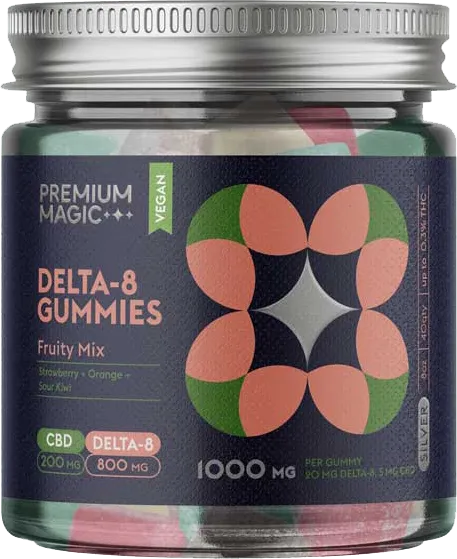
Silver Fruity Mix
Original price was: $68.99.$33.99Current price is: $33.99.
Or Subscribe and Save 30%
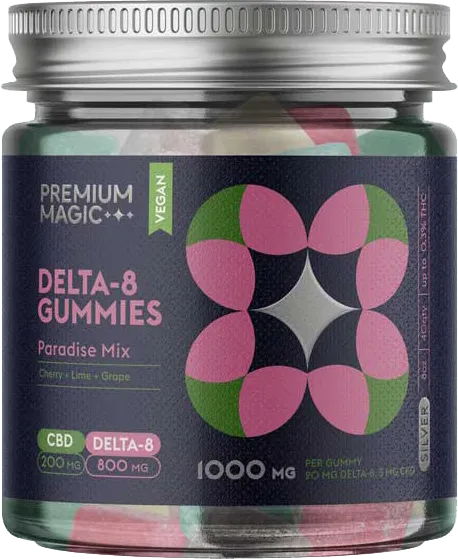
Silver Paradise Mix
Original price was: $68.99.$33.99Current price is: $33.99.
Or Subscribe and Save 30%
Potential Side Effects
As with any cannabis product, Delta 8 can have side effects. These can include feelings of relaxation to the point of drowsiness, so it’s important to use it when you don’t have to be alert or focused. Other possible side effects include dry mouth, increased heart rate, and changes in appetite.
It’s always essential to start with a small dose to see how it affects you. Each person’s reaction to Delta 8 can be different, so what works for one person might not work for another. Always consult with a healthcare provider before starting any new wellness product, including Delta 8.
Remember, while Delta 8 offers some compelling benefits, it’s not for everyone. Being informed about its effects, both good and potentially bad, will help you make the best decision for your health and well-being.
What are CBD Topicals?
CBD topicals are products infused with CBD or cannabidiol that you apply directly to your skin. CBD is a compound found in the cannabis plant, but unlike Delta 8 or Delta 9, it doesn’t produce a “high” feeling. The topical form can include creams, lotions, salves, balms, and even patches.
Common Uses and Benefits
CBD topicals, which come in various forms such as creams, lotions, and balms, are popular for their range of potential benefits. Here are some common uses and advantages:
Pain Relief:
CBD is known for its potential anti-inflammatory properties, making topicals a favored choice for individuals suffering from joint pain or muscle soreness.
Skin Health:
CBD topicals may help manage conditions such as acne, eczema, or psoriasis due to their potential anti-inflammatory effects. CBD’s possible moisturizing properties can benefit those with dry skin, improving overall skin health.
Relaxation and Stress Relief:
Applying a CBD topical can be a soothing experience, potentially helping reduce stress and promote relaxation.
Targeted Treatment:
Unlike other forms of CBD, topicals allow for targeted application, letting users apply the product directly where they feel discomfort or need skin improvement.
Potential Side Effects
CBD topicals are generally considered safe, but as with any product, there can be side effects. Some people might experience skin reactions like redness, itching, or rash. This is usually a result of sensitivity to ingredients in the product rather than the CBD itself.
Another point to note is that while CBD doesn’t reach the bloodstream when applied topically, potential side effects can still occur if you’re using other forms of CBD. These can include fatigue, drowsiness, dry mouth, or changes in appetite.
As always, it’s important to test a small amount of the product first to ensure you don’t have a reaction. And if you’re planning to use CBD topicals for medical conditions, it’s advisable to talk with a healthcare provider.
By understanding the nature, benefits, and potential side effects of CBD topicals, you can make an informed decision about whether they’re right for you.
Comparing Delta 8 vs. CBD Topicals
Understanding the world of cannabis products can be a challenge due to the variety of compounds and product types. Let’s now delve into the similarities and differences between Delta 8 vs. CBD topicals.
Key Similarities
Firstly, both Delta 8 vs. CBD topicals are derived from the cannabis plant and are used for their therapeutic effects. Both substances are recognized for their potential benefits in managing pain, inflammation, and anxiety. Another common feature is that neither product typically produces the strong psychoactive effects associated with Delta-9-THC, making them more appealing to individuals who want the benefits of cannabis without the intense high.
Major Differences Between Delta 8 vs. CBD Topicals
When comparing Delta 8 vs. CBD topicals, some significant distinctions emerge:
Method of Administration:
Delta 8 is commonly ingested or inhaled, affecting the entire body, while CBD topicals are applied directly to the skin, offering localized relief.
Effects:
Delta 8 provides a relaxed, mild psychoactive effect, though less intense than Delta-9-THC. In contrast, CBD topicals don’t produce psychoactive effects.
Side Effects:
Delta 8 may cause drowsiness, dry mouth, or appetite changes. Conversely, CBD topicals usually result in localized side effects, such as redness or rash.
Onset of Effects:
Delta 8, when inhaled or ingested, typically has a faster onset of effects compared to CBD topicals. The effects of Delta 8 can be felt within minutes to an hour. CBD topicals may take longer to show noticeable effects, as the compound needs time to penetrate the skin and interact with localized receptors.
Metabolism:
Delta 8 is metabolized in the liver, where it undergoes a transformation into a more potent form of THC. This can result in a more prolonged effect on the body. On the other hand, CBD topicals do not enter the bloodstream and are primarily absorbed through the skin, leading to a more localized effect.
Legality and Safety
The legality of both substances can be a gray area and largely depends on where you live. As of my knowledge, cut-off in September 2021, in the U.S., Delta 8 is legal in some states but not others, while CBD products derived from hemp are federally legal, but state laws vary.
As for safety, both Delta 8 vs. CBD topicals are considered relatively safe when used responsibly. However, it’s essential to buy from reputable sources to ensure the product is of high quality and free from contaminants. And, of course, consulting with a healthcare provider is recommended before starting any new wellness regimen.
Choosing Between Delta 8 vs. CBD Topicals
Choosing between Delta 8 vs. CBD topicals isn’t always easy, given their unique benefits. However, several factors can guide your decision-making process.
Factors to Consider
One of the main factors to consider is your desired effect. If you’re seeking mild, whole-body relaxation or help with issues like nausea or lack of appetite, Delta 8 might be the right choice. On the other hand, if you’re looking for targeted relief for skin issues, muscle soreness, or joint pain, a CBD topical could be more beneficial.
The method of use is another crucial factor. Some people might prefer applying a topical product to their skin, while others might prefer consuming Delta 8 orally or via inhalation.
Finally, legal and safety considerations should be made. Make sure to research the laws in your area regarding both products. And always prioritize buying from reputable sources to ensure product quality.
Determining Your Specific Needs
Determining which product is right for you boils down to understanding your specific needs. Consider your personal health goals, preferences, and any advice given by your healthcare provider.
For instance, if you have localized pain or skin issues, CBD topicals may be the most effective option. However, for systemic effects or mood regulation, Delta 8 could be more suitable.
Remember, everyone is unique, and so is their response to these products. Start with a low dose and monitor your reactions. This practice will help you understand your body’s response and aid in determining which product is more beneficial for you.
Making an informed decision between Delta 8 vs. CBD topicals depends on understanding their unique properties, your personal needs, and your comfort with different methods of use. By taking these factors into account, you’ll be better equipped to make a choice that aligns with your wellness goals.
Summary
In conclusion, while both Delta 8 vs. CBD topicals have their unique benefits and uses, the choice largely depends on your individual needs. We’ve explored their similarities, differences, and potential side effects. Remember, your personal health journey is unique. Always consider your specific needs and consult a healthcare provider before starting any new wellness regimen.
